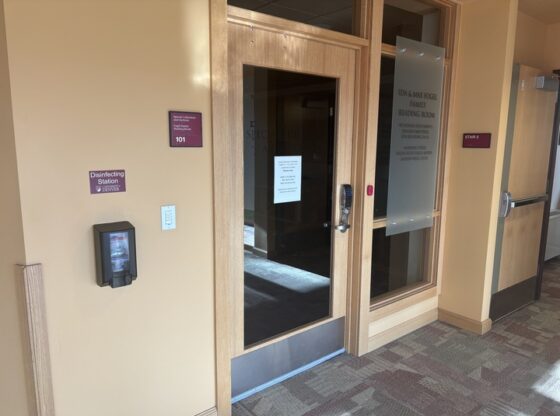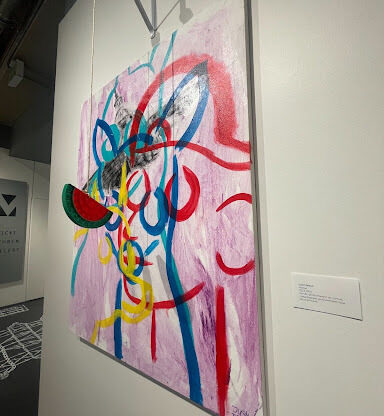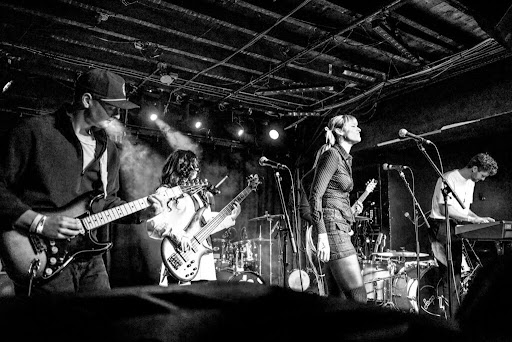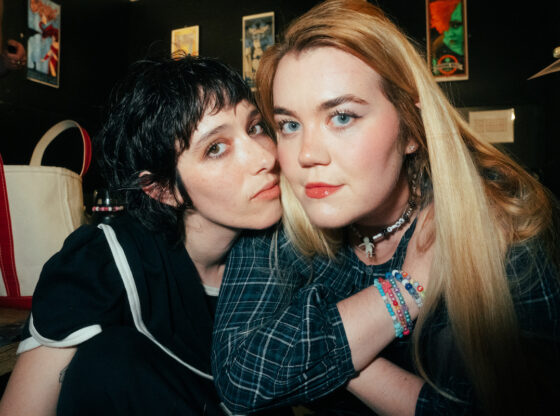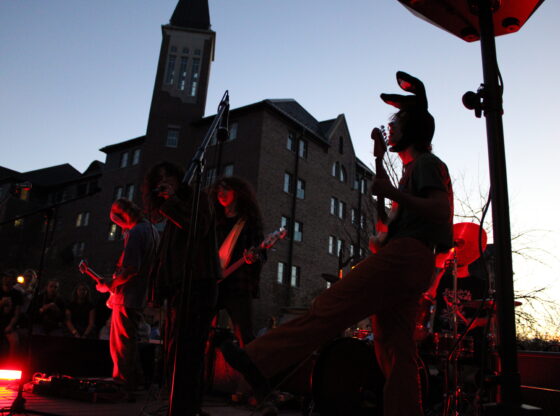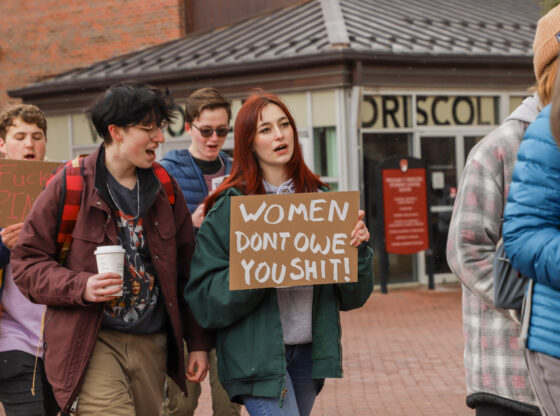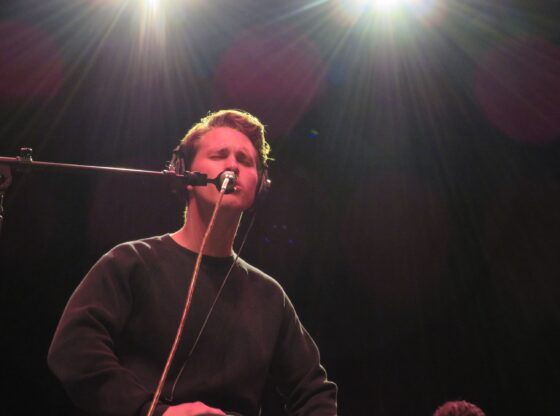Coffee. It is a universally popular beverage that comes in an array of forms, blends and flavors. The drink may get your day started with a boost of caffeine or accompany a meaningful conversation among friends. There’s something special about coffee, and here in Denver, the coffee scene has many elements and stories brewing below the surface.
Denver was ranked eighth in coffee enthusiasm by SmartAsset, a finance website, in a survey to determine which American city has the most love for the beverage. It’s apparent that Denver is currently booming with local cafes and coffee connoisseurs, but what sets the Denver coffee scene apart from the rest?
“I feel like Denver has a lot of coffee shops that aren’t Starbucks. Independent coffee shops do really well here, even though Starbucks has a monopoly over the industry,” Michelle Timmons, a barista at Beans Cafe here on campus, said of her observations of the Denver coffee scene.
When walking down various streets in the Denver metro area, a plethora of coffee shops can be found. Down South Broadway, you’ll find Corvus coffee. On Blake St. there’s Little Owl. By Larimer St. you’ll pass Crema. Tucked onto Reed St. in Lakewood is Sweet Bloom Coffee. The variety of cafes that Timmons observed is the product of the specialty coffee industry’s growth in Colorado.
Don Holly, the Administrative Director of the Specialty Coffee Association of America, explained the term ‘specialty coffee’ in an article for the Specialty Coffee Chronicle. Holly explains, “My understanding of the origin of the term ‘specialty coffee’ is that it was first coined by Erna Knutsen, of Knutsen Coffee Ltd., in 1978. In essence, the concept was quite simple: special geographic microclimates produce beans with unique flavor profiles, which she referred to as ‘specialty coffees.’ Underlying this idea of coffee appellations was the fundamental premise that specialty coffee beans would always be well prepared, freshly roasted and properly brewed. The Specialty Coffee Association of America (SCAA) continues to define specialty in this context.”
Crema Coffee House was one of the first shops in Denver to bring specialty coffee to consumers when it opened in 2009. Since then, over ten different specialty locations have started business in the metro area, drawing in coffee lovers from all around the state.
“I think people who drink specialty coffee are interested in the stories behind the coffee. That’s such a beautiful part of it—being able to make those connections between the person drinking the cup and the person who grew the coffee,” co-owner of Sweet Bloom Coffee, Andy Springer, said when asked what sets specialty coffee apart.
Eric Yochim, also co-owner of Sweet Bloom coffee, has been in the Colorado specialty coffee business since he bought his own shop a decade ago. “In 2010, there were just a few of us that would call ourselves specialty coffee. There were just a handful of shops and people that were pushing that, and I think we all saw the value of connecting with each other in a way that helped each other grow,” Yochim said.
Another significant member of the Denver Coffee scene, Jay DeRose, founder of Middle State Coffee, was a witness to Denver’s progression in the industry. “Back when I started, there was no bar set for the quality of the coffee. There weren’t too many people pushing the scene and elevating it. Over the years it’s been cool to see the rise of quality as well as the rise of education from shops and businesses,” DeRose said.
Specialty coffee is not unique to the Denver area, but there is something that differentiates how specialty coffee operates here as opposed to other cities.
“I think coming from Maryland, there was more of a feeling of competition and a fear of competitors. When I came out here, there was some healthy competition from the start, but there was also a warm welcoming. The coffee community made me feel at home, and I think that is the way the Colorado coffee scene has set itself apart. We were all in it together,” Springer said.
It is common among specialty shops in Denver to lend support and work in conjunction with one another. Roasters at Sweet Bloom, Corvus and Middle State sell beans to other cafes around Colorado, who then use them to craft their own drinks in-house. It’s not uncommon for shops to share roasters, exchange recipes and promote each other.
Jeremy Tosh, head roaster at Corvus Coffee, resonated with Springer’s observations when stating, “We have a tight-knit community. From my experience, we all respect each other and we’re not trying to steal each other’s accounts. There’s a really nice friendly competition.” Tosh went on to add, “Obviously, we all want to continue to grow, but there’s plenty of space to do that. It’s still very much a friendly environment where we’re all trying to connect the customer with specialty coffee. We want to show them why it’s different, how it’s different and ultimately why we think it’s a better option over commodity coffee from large chains.”
Specialty coffee in Denver has created a camaraderie of businesses, and at the heart of each of them are the consumers and farmers that make production possible. The focus of specialty coffee is to create a connection from farm to cup. This is evident in the way coffee is served and interacted with in shops all across the metro area.
“One of the things that’s really cool about the way the specialty coffee industry is going and how we serve our guests is that there’s a massive desire for the consumer to know what they’re buying matters. We want them to know why they’re purchasing what they’re purchasing and connect with it in all aspects,” Yochim said.
In conjunction with Yochim, Springer stated, “I think the more that they are fascinated and engaged with that, the more they appreciate it. Coffee has a way of grabbing people in and leading them to learn more about where their cup is coming from.”
As customers’ palates become more refined, more beans are sourced and roasted and baristas continue to experiment with recipes. DeRose encourages customers to “go to a bunch of different shops because everybody does a good job, and everybody does things in different ways.”
Yochim voiced, to the industry and consumers alike to, “…be encouraged about the potential we have to make those connections. To people that are drinking coffee: just dive in and start listening to those stories.”



